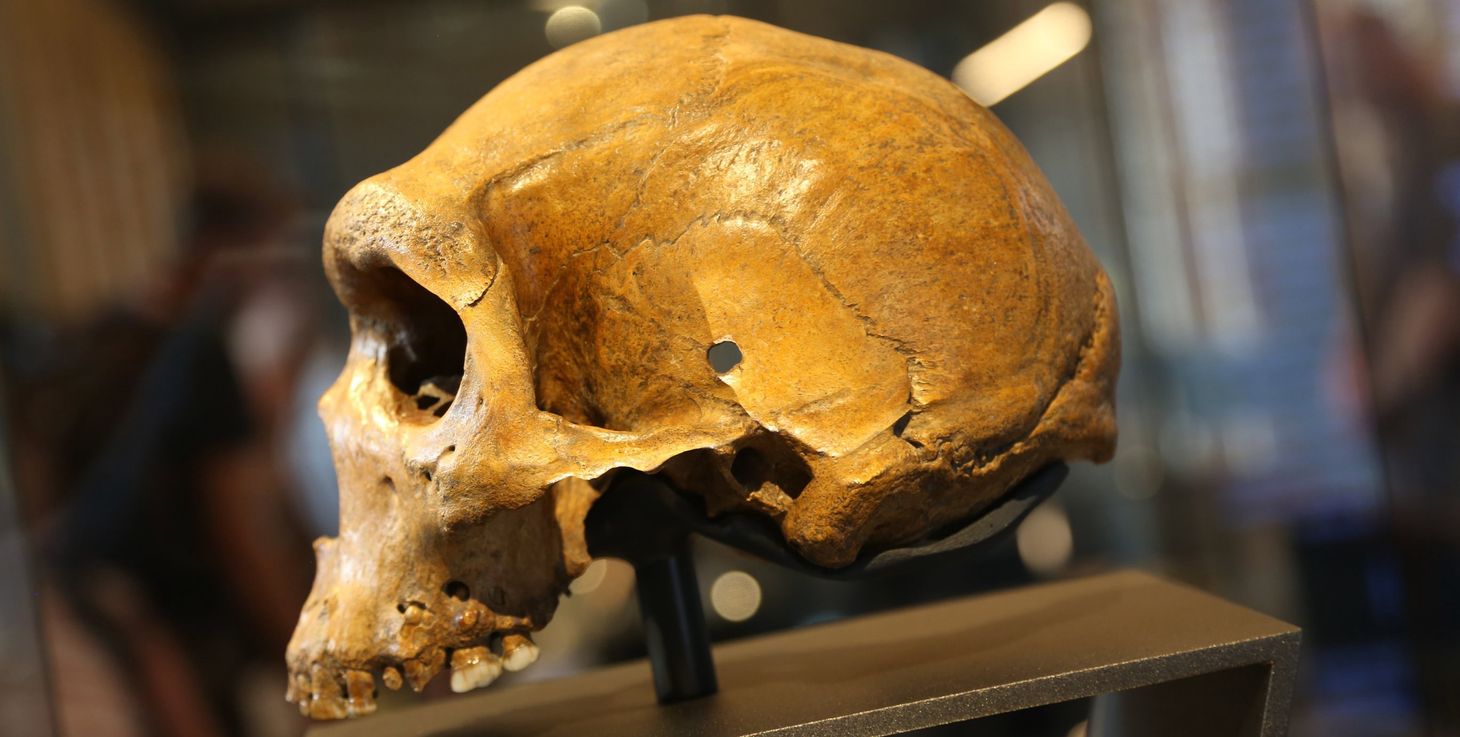Blog articles
Scientists doubted the Piltdown hoax from the beginning. What can they teach us?
For nearly forty years between the Piltdown discovery and exposure as a deliberate hoax, many scientists never believed the story.
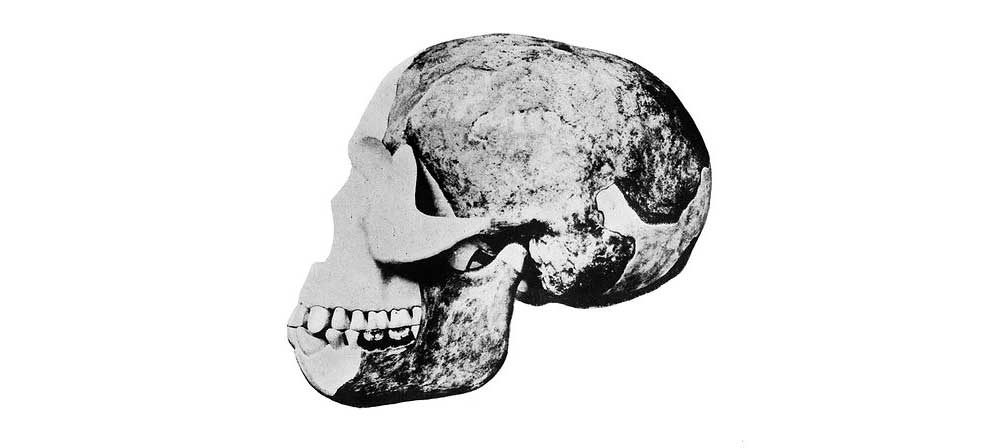
Lecture: How Homo naledi is changing human origins
A talk with an audience at UW–Madison covers our work on Homo naledi, including the recently-published Lesedi Chamber remains and the age of the fossils.
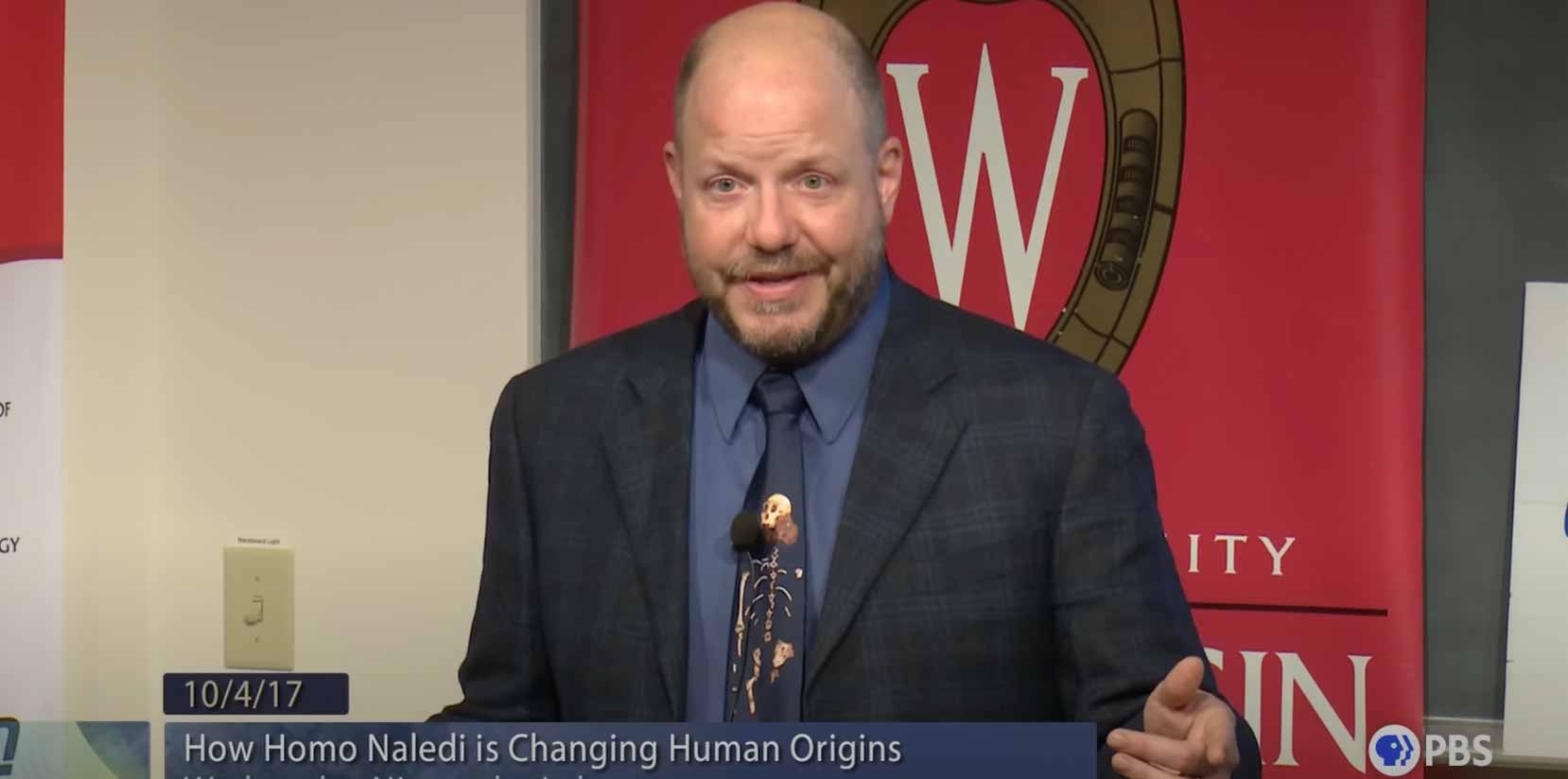
When anthropologists argue about species, is it evidence, or ego?
For some people who follow human evolution news, recognizing “species” is really just about whether you’re a lumper or a splitter. Many people assume that the names of species are about ego, not evidence. But nature presents us with real challenges, which still cause different scientists to approach the
An unusual rate of dental chipping may give clues about Homo naledi's diet
Research by Ian Towle and coworkers finds that Homo naledi may have been eating foods with lots of grit.

Features of the Grecian ape raise questions about early hominins
A review of work published in 2017 describing fossil material of Graecopithecus freybergi from Greece and Bulgaria.
New footprints from Laetoli shed light on how the science has changed in 40 years
New trails expand our knowledge of body size and behavior of some of the earliest known bipedal hominins.
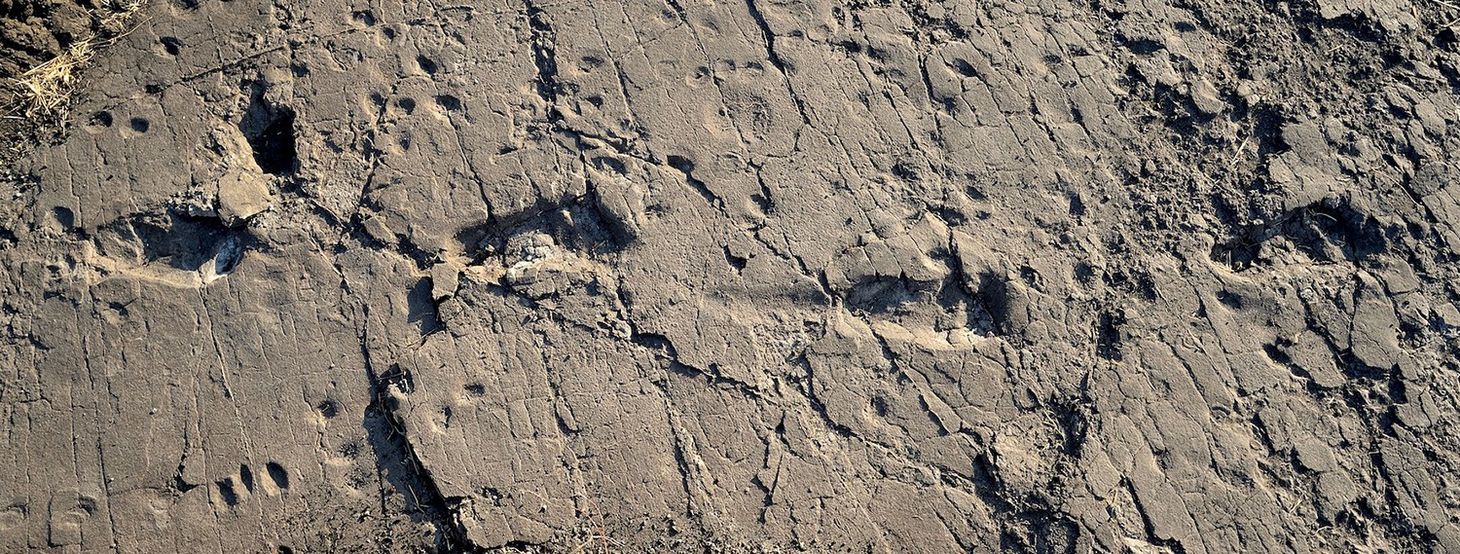
Why are humans evolving to lack their wisdom teeth?
The frequency of M3 agenesis varies greatly among human populations. It may have to do with agricultural diets, but anthropologists aren't sure.

Should we be surprised if Neandertals, Denisovans, and modern humans didn’t form stable hybrid zones?
A geneticist asks why we don't see more persisting hybrid populations, and I find an answer in the theory of population source-sink dynamics.
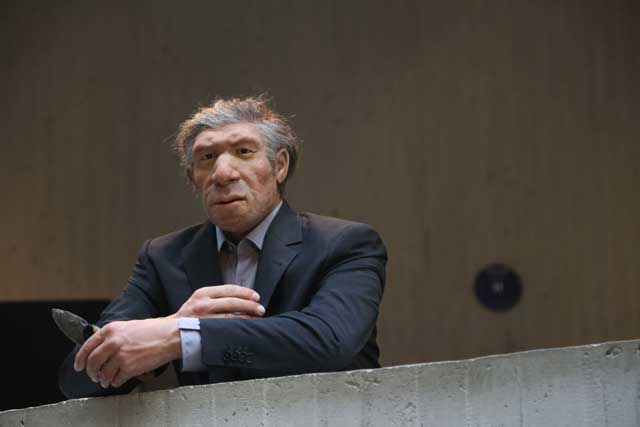
My article giving an overview of our symposium on Homo naledi
An article written for American Scientist gives the current state of our research into the biology of this species.
Looking at the hypothesis of deliberate deposition for Homo naledi
An exchange of views in the Journal of Human Evolution includes an examination of evidence about how skeletons ended up in the Dinaledi Chamber.

An possible ancestor of Homo floresiensis from the Middle Pleistocene of Flores
Gerrit van den Bergh and coworkers describe dental remains and a jaw from Mata Menge, 700,000 years ago.
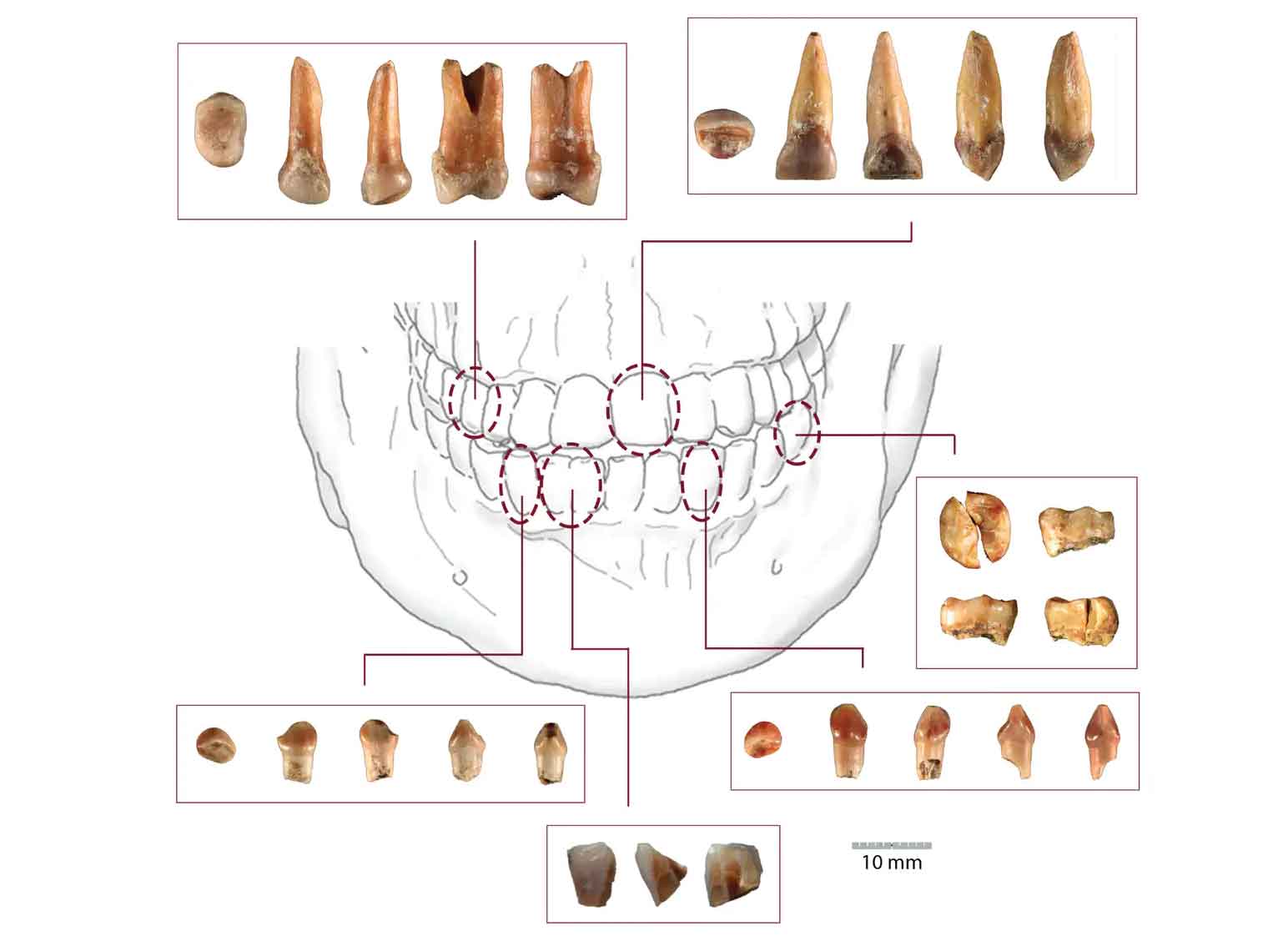
Neandertals built a circle out of stalagmites deep underground. What does it mean?
Examining the work of Jacques Joubert and coworkers that describes this mysterious structure and the possible intention behind it.

A revised chronology for Liang Bua places Homo floresiensis earlier than 60,000 years ago
Further study of the “hobbit” site shows that the stratigraphy was more complicated than assumed back in 2004, with skeletal remains much earlier than originally published.
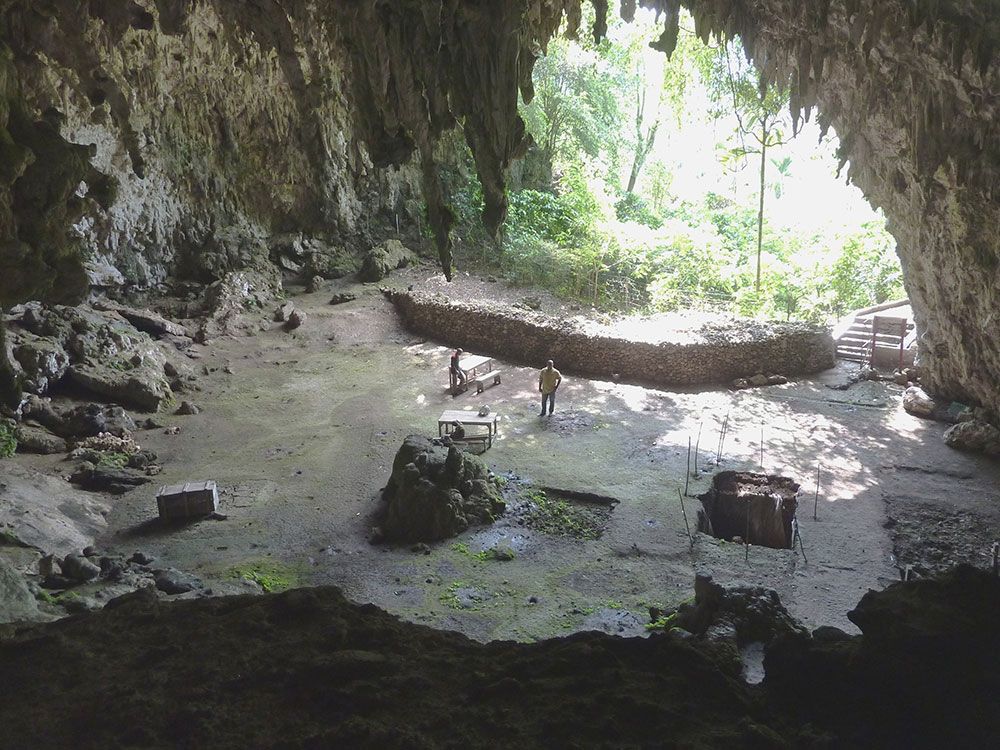
How much sex did it take for Neandertal DNA to enter modern populations?
Addressing a widespread misconception about what geneticists are really measuring when they look at population mixture.

Did humans approach the southern tip of South America more than 18,000 years ago?
An article by Tom Dillehay and coworkers describes the archaeology of Monte Verde I, preserving artifacts together with burned features.
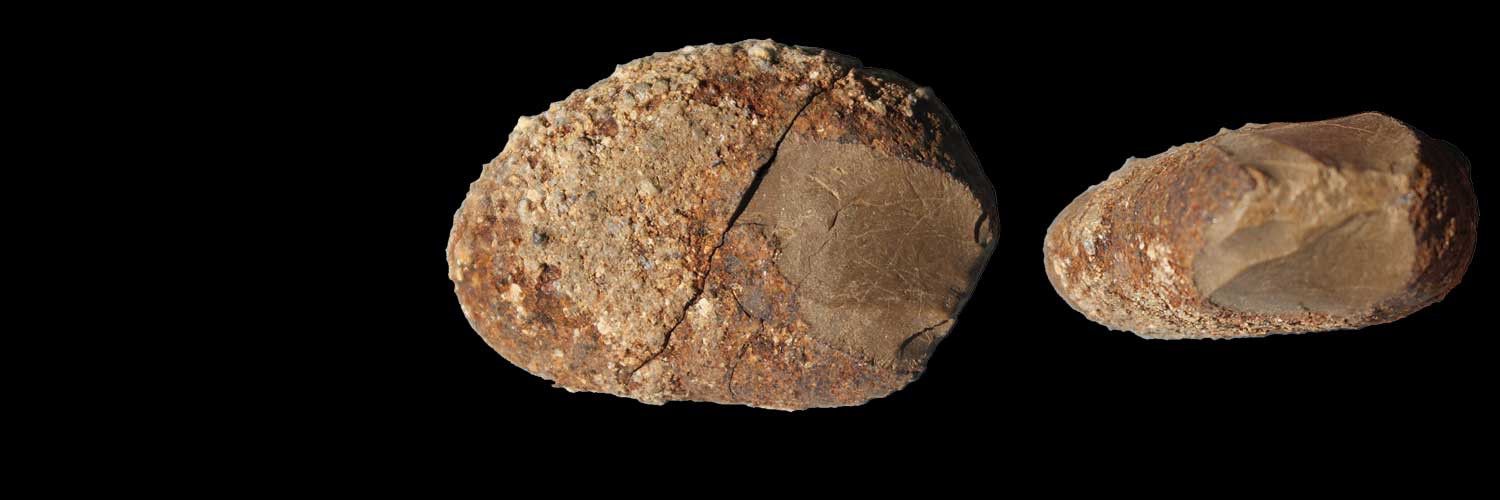
Another Denisovan from Denisova Cave
A review of the 2015 work identifying the Denisova 8 specimen by Susanna Sawyer and coworkers.

What is the ‘braided stream’ analogy for human evolution?
A discussion of the way that reticulation has manifested across human evolution, with reference to an essay by Clive Finlayson.

A modern look at pollen from Shanidar and the question of "flower burials"
Work by Marta Fiacconi and Chris Hunt provides new knowledge of the ways that pollen may have entered the Neandertal site.

Two anthropologists float some curious notions about Homo naledi
I look at views expressed by Jeffrey Schwartz and Tim White about the anatomy of Homo naledi and its relationships with other hominins.
Stephen Jay Gould and the role of provocation in science
An interview with Richard Lewontin brings up Gould's history making ideas more provocative than they probably deserved.

Recent adaptive evolution to resist the toxic effects of arsenic
Examining a study by Carina Schlebusch and coworkers into the peoples of northern Argentina.
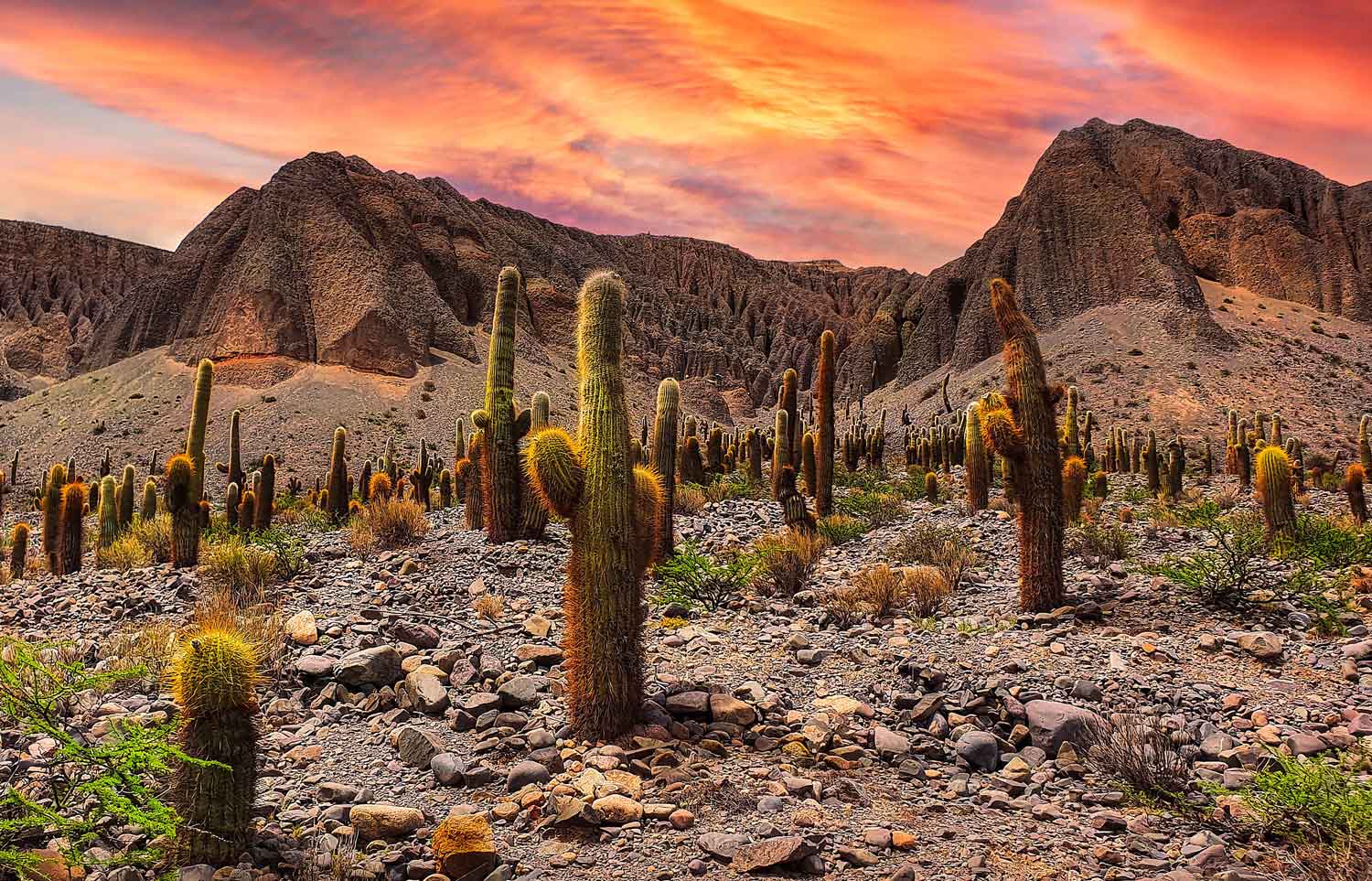
The Manot 1 skull and how we now look at Neandertal ancestry in early modern humans
The discovery of a 54,000-year-old skull in Israel sheds light on the dispersal of modern humans and their contacts with Neandertals.
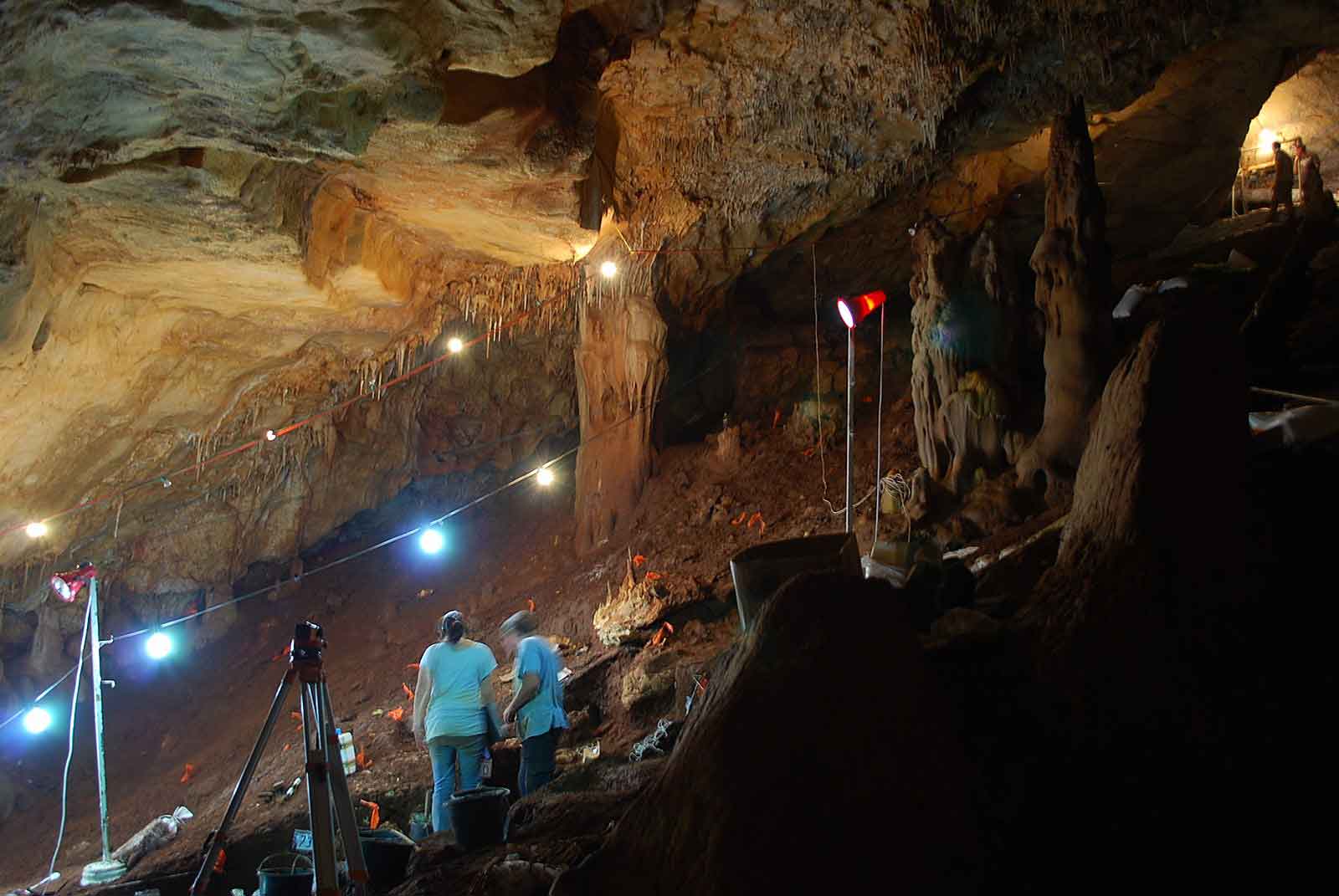
An ancient human pulled from the bottom of the Taiwan Strait
Work by Chun-Hsiang Chang and coworkers describes the partial mandible, which may represent an archaic human related to the Denisovans.

A look at the intentional markings of Homo erectus
Looking at a 2014 paper by Josephine Joordens and coworkers, which describes zig-zag markings on a shell from Trinil, Indonesia. This shell may have been intentionally marked by Homo erectus.
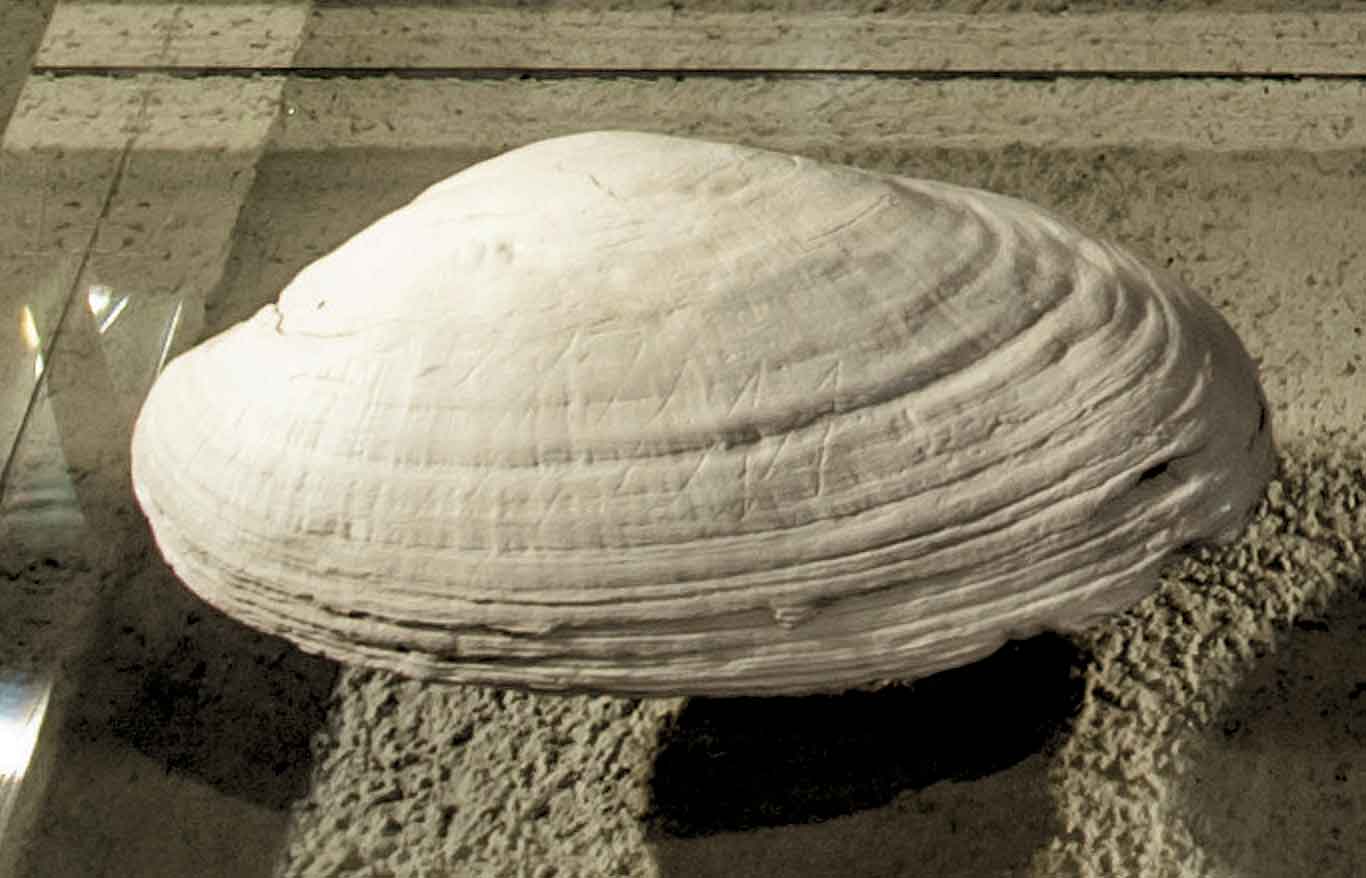
Castmaking and early data dissemination in paleoanthropology
The earliest form of data dissemination was the distribution of high fidelity copies of fossils.

Secrets of the genome from Ust'-Ishim
A discovery from Siberia represents one of the earliest branches of modern humans to disperse into Eurasia.

